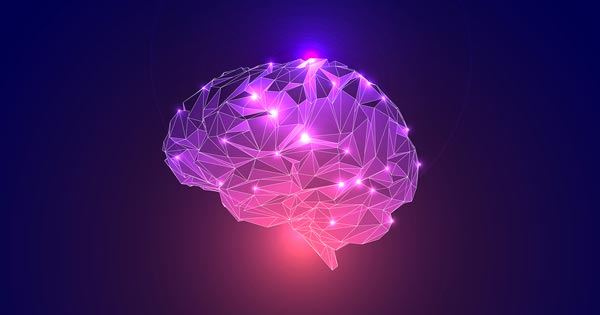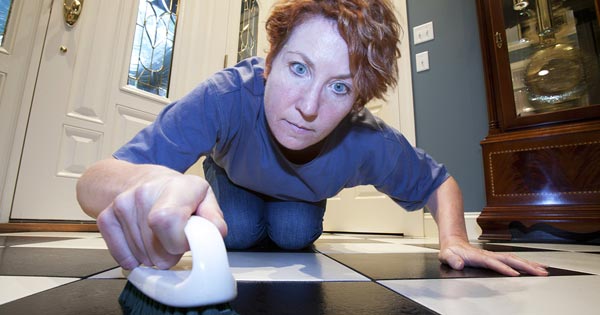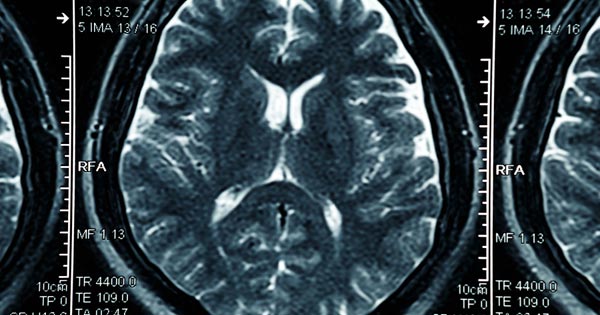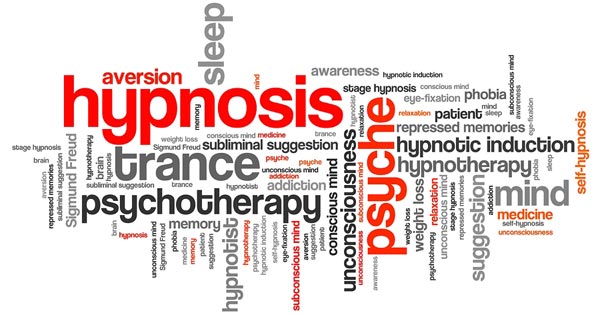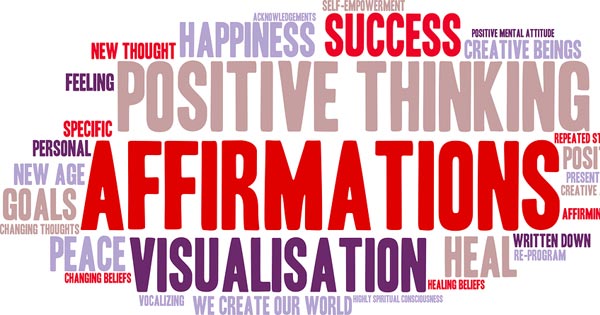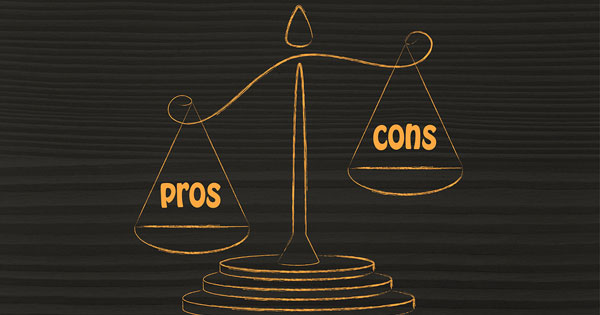Treatments
 For many years health challenge treatments were focused on medications only. But there is a sweeping change upon us as medical science begins to understand the power of our own system to aid our wellness, and the harmful side-effects of many medications.
For many years health challenge treatments were focused on medications only. But there is a sweeping change upon us as medical science begins to understand the power of our own system to aid our wellness, and the harmful side-effects of many medications.
Treatments in many health issues today aren’t just about prescription drugs but includes therapies that tap into our body’s own ability to fight “invasions” using the power of our own mind. In most instances this isn’t instead of, but in addition to, prescribed medication. But where prescription drugs have not, or cannot, help, then other therapies are sought.
Treatments today need to provide long-term solutions and not just address symptoms, and the selection of materials you’ll find here cover insights into hypnosis, mental illness, cognitive behavioral therapy, stress and anxiety, and much more.
Enjoy the articles.
 For many years health challenge treatments were focused on medications only. But there is a sweeping change upon us as medical science begins to understand the power of our own system to aid our wellness, and the harmful side-effects of many medications.
For many years health challenge treatments were focused on medications only. But there is a sweeping change upon us as medical science begins to understand the power of our own system to aid our wellness, and the harmful side-effects of many medications.Two common questions I’m asked at meetings I attend when people learn I’m a hypnotist is, what is hypnosis and how does hypnosis work? The fact is, we’ve still so much to learn about our brain and how it works, and though we have some scientific research as it relates to hypnosis, and our brain on it, we have just begun to scratch the surface.
In this article I’ll explore in some depth these two questions to provide what answers we know today, and how hypnosis can help you now even if we don’t entirely understand all the nuances around the impact it has on our brain.
In this article you’ll discover: 1) What Obsessive-Compulsive Disorder is about and how it manifests itself in patients with it, and what we know today, 2) Common treatments used to help with the symptoms covering medications and traditional therapies including the Cognitive Behavioral Therapy technique called ERP. 3) Introduction to use of hypnosis as an alternative treatment to answer the question can hypnosis really help with OCD. 3) Further reading and hypnosis resources around OCD covering the treatments, research, and information with the disorder. Obsessive Compulsive Disorder (OCD) is a mental health disorder affecting about 4.3 million people of all ages in the U.S. The condition if severe can render some helpless, leaving them unable to live comfortable and productive lives. It’s usually treated today with the help of medication, cognitive behavioral therapy (CBT), and other alternative and complimentary therapies including hypnosis. I’ll discuss all of these in this article. Currently, there are no medical tests that can be performed to diagnose the condition, and so it’s determined by a doctor’s assessment of the symptoms and behaviors, and the impact on the patient. Like many mental health conditions these days the professional consensus is biological and environmental factors most likely contribute to the condition, or at least place a person at risk of obtaining the disorder. There is some evidence it can be hereditary as well. OCD cannot be prevented but early diagnoses and ongoing treatment can help provide most inflicted with the condition relief from their symptoms, and provide the opportunity for a near-normal life. Now let’s start with understanding what is OCD and then move into current treatments. Read more here…
Read MoreIn this article you’ll discover: 1) Why science and medical researchers are showing an expanded interest in hypnosis today. 2) What science and medical studies are finding out about “what hypnosis does to the brain” from a visual perspective. 3) Translation and mapping of the characteristics of these studies, to understanding how hypnosis produces the results, and outcomes, hypnotherapists see in patients and clients. 4) Further reading and hypnosis resources around the cited hypnosis studies, and understanding further what hypnosis can be used for, and the benefits it provides. When trying to answer what hypnosis does to the brain there are two types of answers. One is scientific and delves into understanding what exactly in the brain can be seen to change during hypnosis, and the other focuses more on the results and outcomes for the person experiencing hypnosis, or put another way – “This is what happens to your brain on hypnosis.” Both sides of the coin interest researchers and practitioners of psychology and psychotherapy. We have many more questions about our complex brain than answers, and this is likely to be the case for the foreseeable future. We’ve only just started on our journey of understanding our brain and how it all works. But why the interest on hypnosis by science and researchers? Let’s see by reading more here…
Read MoreIn this article you’ll discover: 1) What fun hypnosis is all about and how it can bring back that childhood happiness you had growing up, 2) How escaping from reality is as “real as it comes” using hypnosis and how anybody can do it at any hour of the day to restore their life balance, 3) 9 amazing journeys you can take using hypnosis to get you started, and 4) Further reading and hypnosis resources for help in understanding the benefits of fun hypnosis. Hypno-therapy then is use of hypnosis for therapeutic reason… but who said this can’t be fun? After all, as we know, anything that gives us fun… is therapeutic! So let’s agree to define fun hypnosis as just an extension of therapeutic hypnosis, and dive deeper into it here and, as they say… have some fun. Find out how here…
Read MorePain as we know is one of our body’s primary defense systems. It tells us something is wrong. Without pain we could get severely injured – externally or internally – and not even know, but with dire consequences. Pain comes to use in many forms – chronic pain that never seems to go away, temporary after an operation or injury, or intermittent such as migraines or phantom limbs. Pain comes to us in different forms; chronic pain that never seems to go away, temporary after an operation or injury, or intermittent such as migraines or phantom limbs. The level can vary from nagging discomfort, to searing and incapacitating pain. Anticipated pain can be dealt with by narcotics but there can be significant side effects. Surgeons tend to automatically prescribe pain medications after an operation. Limited use of these high-powered drugs should be the plan when they’re prescribed. There are people who live with pain every waking minute. An option to ongoing pain medication is hypnosis. It’s been successfully used to moderate pain and reduce dependence on drugs for a number of pain related injuries and causes. Read more here…
Read MoreThere are questions that crop up all the time from people who contact me seeking help for themselves or a loved one. Two of the more frequent questions boil down to what hypnosis can and cannot do, and what it can help with. Based on my nearly 14-years of experience seeing people for all types of issues and challenges they want to overcome, I’m going to do my best to answer this for you today, and provide you a ton of resources to check out for further information. Read more here…
Read MoreThere’s a lot of information and literature on affirmations and whether or not they really work. One of the most profound and famous affirmations can be found in the Holy Bible in Proverbs 23:7; “For as he thinketh in his heart, so is he”. When you discuss and interpret this, one meaning can be what and how you think about yourself, is who you will see yourself as being and becoming. Basically, if you think about yourself a certain way, feel a certain way, then you’ll start to act that way until you eventually become that individual… that way of ‘being.’ But do affirmations really work? I want to explore this today as my experience and opinion is… Read more…
Read MoreCognitive behavioral therapy can be seen as an amazing therapeutic tool for helping individuals who suffer from mental health disorders and addictions. As a result of its simple, easy and hands on nature (changing thoughts in the here and now), individuals and therapists alike boast of its tremendous benefits. In this article, I will examine both the benefits and criticisms of using cognitive behavioral therapy. The therapy itself can be used in individual sessions as well as support groups. Some people do better when they attend support groups that are CBT based as they meet with others with similar disorders and concerns who validate them. One of the greatest advantages of CBT is that it is skill-focused, structured and practical. This means that clients get specific education and practical coping skills on how to cope with their long-term problems – anxiety, depression, irrational thinking, addictions, etc. Read more…
Read MoreCan and should hypnosis be used to help children overcome challenges? Cutting to the chase the answer is yes… but it depends on the age and circumstances. This article will explore the “depends” in more depth. The question of “can hypnosis help my child” often arises when it comes to treating mental health issues (improving concentration, anxiety, phobias, behavioral management issues, etc.) in children. Furthermore, many ask, “What is the ‘best age’ to start treating children using hypnosis?” Since hypnosis is not a mind-altering drug or pharmaceutical treatment, say in the same light as an anti-depressant, should the same principles and cautions be used for treating children using hypnosis as they’d be for treating children with depression or OCD using drugs? This is where the debate, argument and disagreement are often times drawn around what is the ‘proper age’ for using hypnosis as a treatment for children, and will it even work? The answers may surprise you… Read more here…
Read MoreDo you have anxiety issues or the onset of panic attacks where you feel like things are growing out of control, including your breathing? Do you have a difficult time catching your breath, or calming yourself down? Then perhaps the time has come for you to learn a good breathing technique which will help you next time you feel anxious and totally stressed out! Whenever you enter into a heightened state of stress, anxiety or panic, your body’s general inclination is to begin to take in more oxygen via breathing. For individuals, it can take form in short, rapid shallow breaths, or conversely gasping for air. Here’s where this technique can be used…
Read MoreCATEGORIES
FEATURED POSTS

DISCOVER HOW TO START CHANGING HABITS TODAY.
In this free audio hypnosis session, you’ll experience the power of your subconscious mind to begin to change your habits. If you've never experienced hypnosis before then this is a great introduction...

